syn·site
( a ) neologism: syn-site is a neologism for a contemporary understanding of site as entangled and mutable. It offers legs (utility) for both a part (JF) and a whole (non-zero others).
( b ) gesamtkunstwerk: syn-site is one person's act of tilting at windmills syn-sites as a gesamtkunstwerk.
( c ) smeerp¹: syn-site is calling-a-nonsite-a-smeerp.
( d ) smeerp²: non-site, in turn, was calling-synecdoche-a-smeerp.
( e ) smeerp³: calling a rabbit a smeerp is a problem.
( f ) ...is a stretch...
( g ) ...but art is reaching, stretching, gesturing; is making connections to create constellations.
( h ) some combo synthesis
( i ) related yet sublated-or-other: parasite, hypersite, hyperobject, nonspace, nonplace, site/non-site, synsight, syncite, knotsite, web-site, metaverse, smeerp, tangle.
( a ) neologism: syn-site is a neologism for a contemporary understanding of site as entangled and mutable. It offers legs (utility) for both a part (JF) and a whole (non-zero others).
( b ) gesamtkunstwerk: syn-site is one person's act of tilting at windmills syn-sites as a gesamtkunstwerk.
( c ) smeerp¹: syn-site is calling-a-nonsite-a-smeerp.
( d ) smeerp²: non-site, in turn, was calling-synecdoche-a-smeerp.
( e ) smeerp³: calling a rabbit a smeerp is a problem.
( f ) ...is a stretch...
( g ) ...but art is reaching, stretching, gesturing; is making connections to create constellations.
( h ) some combo synthesis
( i ) related yet sublated-or-other: parasite, hypersite, hyperobject, nonspace, nonplace, site/non-site, synsight, syncite, knotsite, web-site, metaverse, smeerp, tangle.
SYN (along with, at the same time | from Greek SYN, with | ~SYNTHETIC) + SITE (N: point of event, occupied space, internet address; V: to place in position | from Latin SITUS, location, idleness, forgetfulness | ~WEBSITE ¬cite ¬sight), cf. SITE/NON-SITE (from Robert Smithson, A PROVISIONAL THEORY OF NONSITES, 1968)
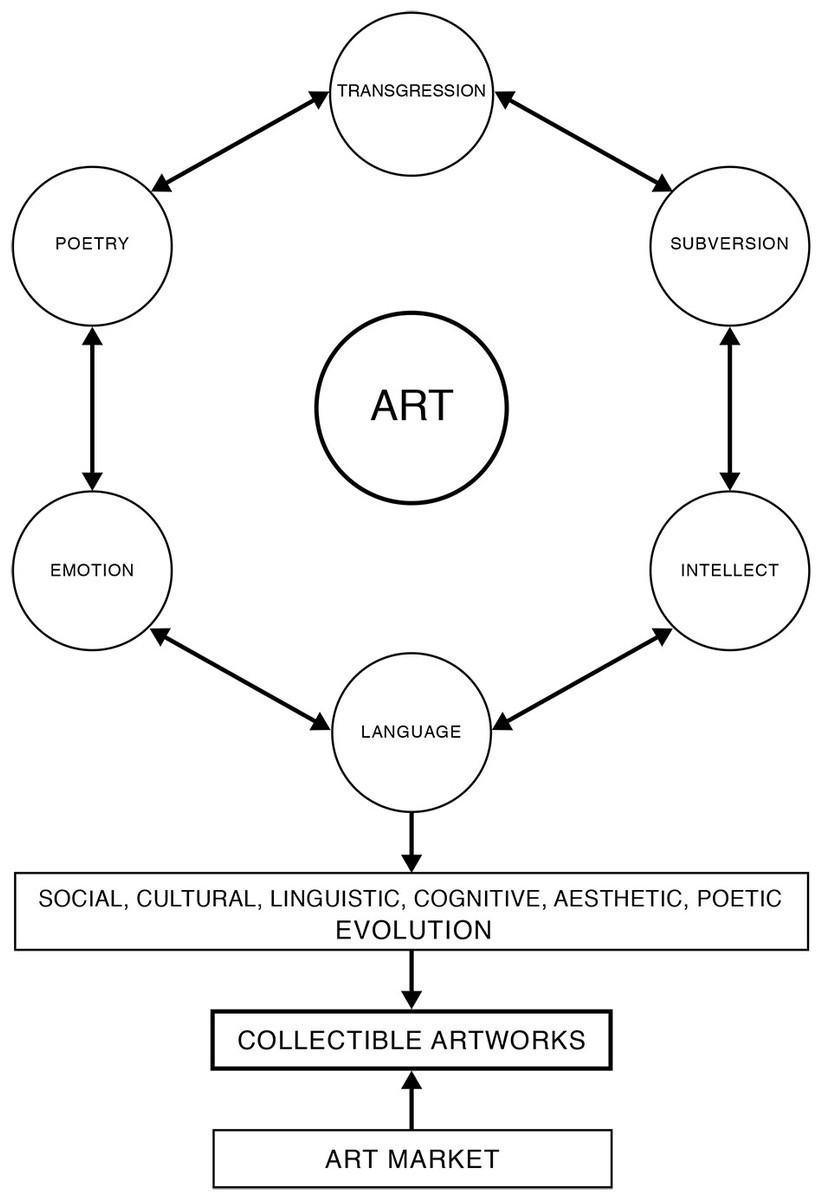


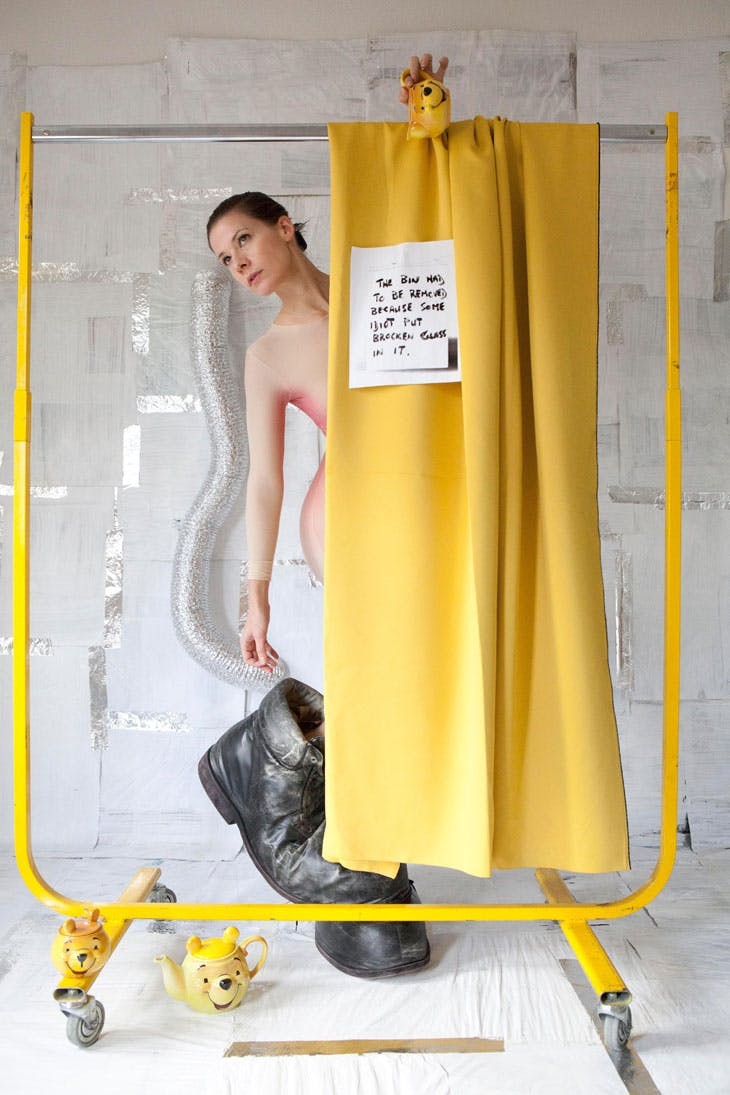


It is now less and less necessary for the writer to invent the fictional content of his novel. The fiction is already there. The writer’s task is to invent the reality.
It is now less and less necessary for the writer to invent the fictional content of his novel. The fiction is already there. The writer’s task is to invent the reality.
It is now less and less necessary for the writer to invent the fictional content of his novel. The fiction is already there. The writer’s task is to invent the reality.
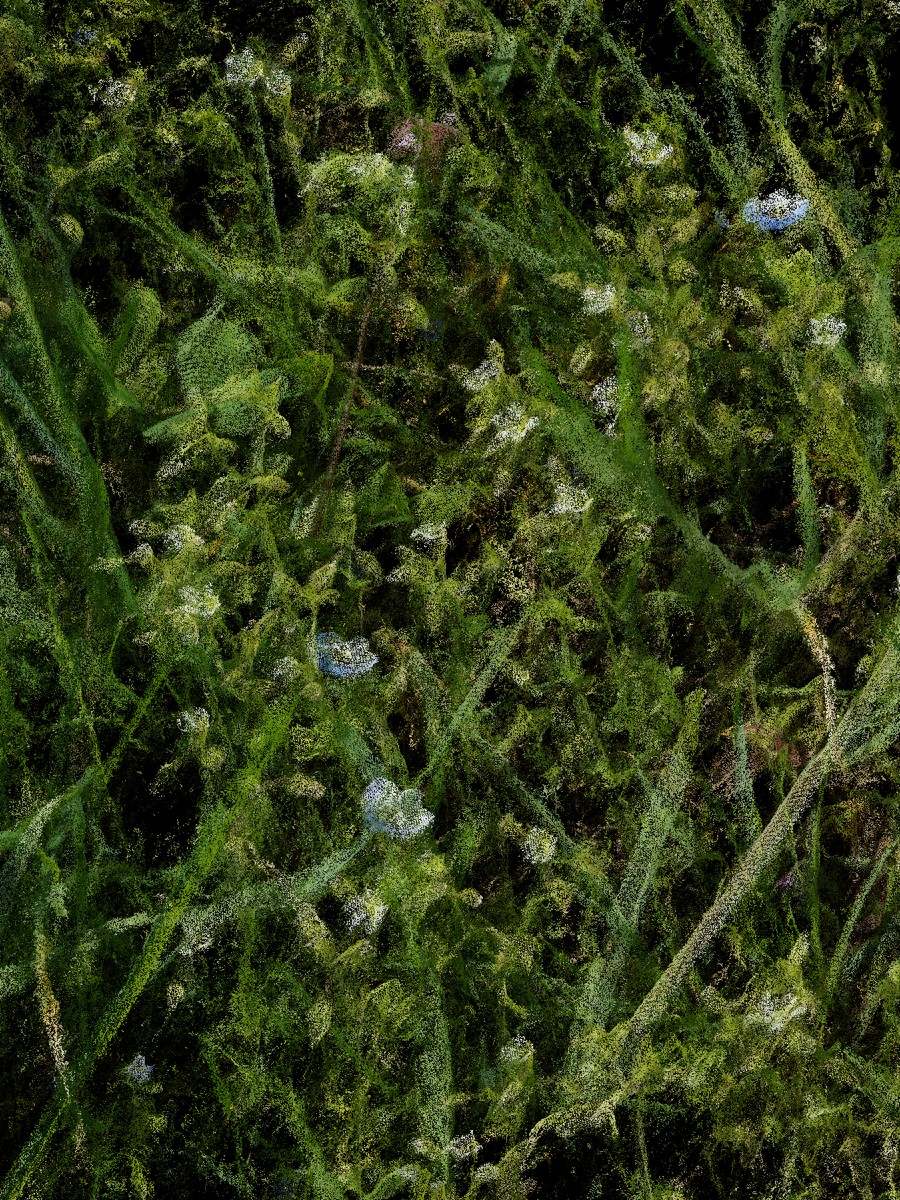


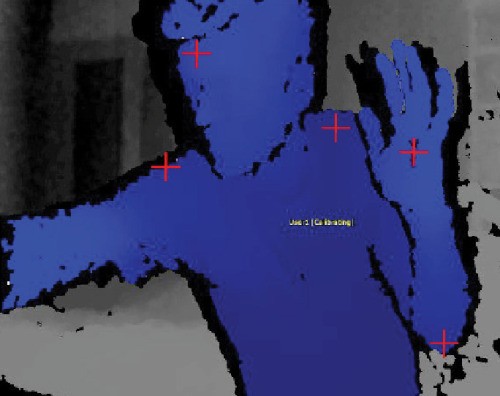


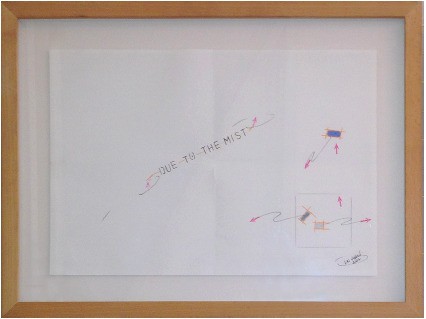


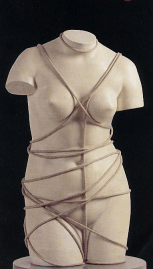


A Glitch Feminist acknowledges the value of visuality, and the revolutionary role that digital practice has in expanding the construction, deconstruction, and re-presentation of the female-identifying corpus. We acknowledge that the rigidity of digital dualism needs to be retired, as it plays into binaries of real/virtual that parallel the rampantly socialized figuration of male/female.
A Glitch Feminist acknowledges the value of visuality, and the revolutionary role that digital practice has in expanding the construction, deconstruction, and re-presentation of the female-identifying corpus. We acknowledge that the rigidity of digital dualism needs to be retired, as it plays into binaries of real/virtual that parallel the rampantly socialized figuration of male/female.
A Glitch Feminist acknowledges the value of visuality, and the revolutionary role that digital practice has in expanding the construction, deconstruction, and re-presentation of the female-identifying corpus. We acknowledge that the rigidity of digital dualism needs to be retired, as it plays into binaries of real/virtual that parallel the rampantly socialized figuration of male/female.
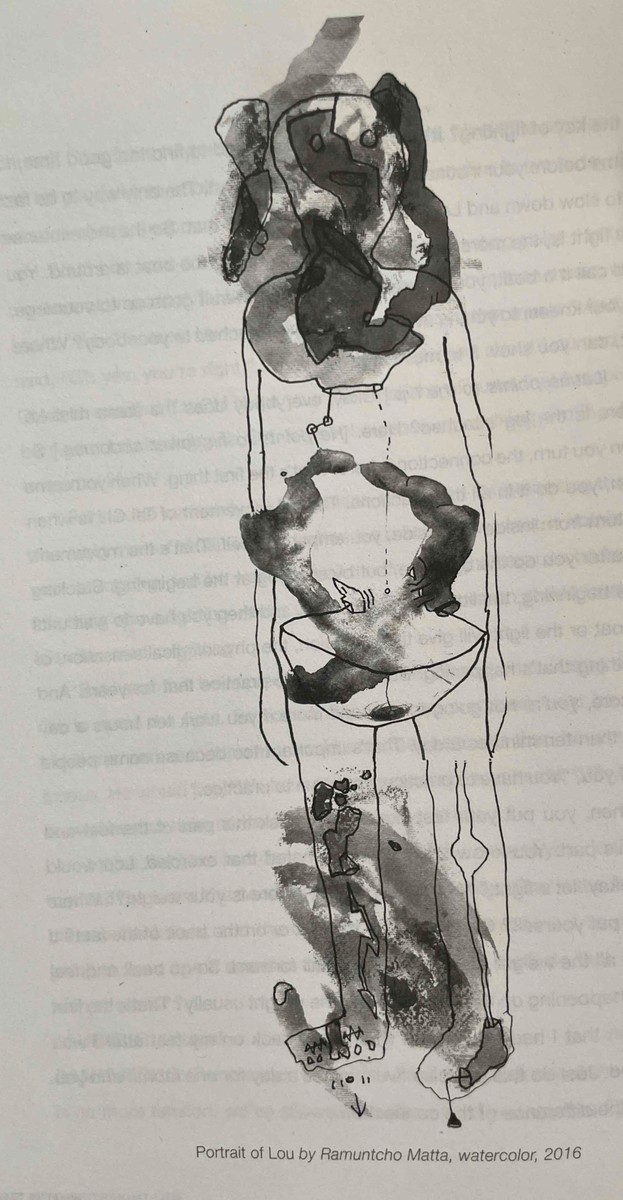


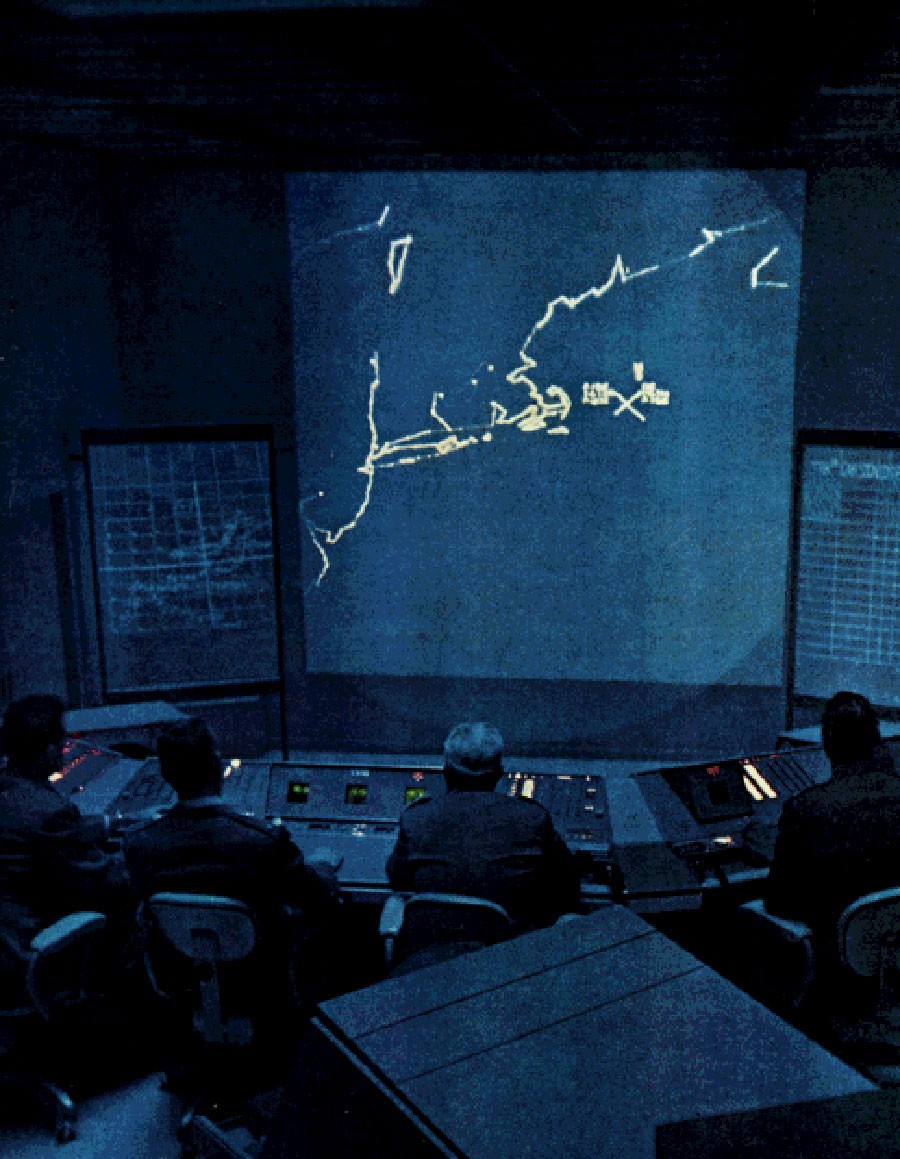


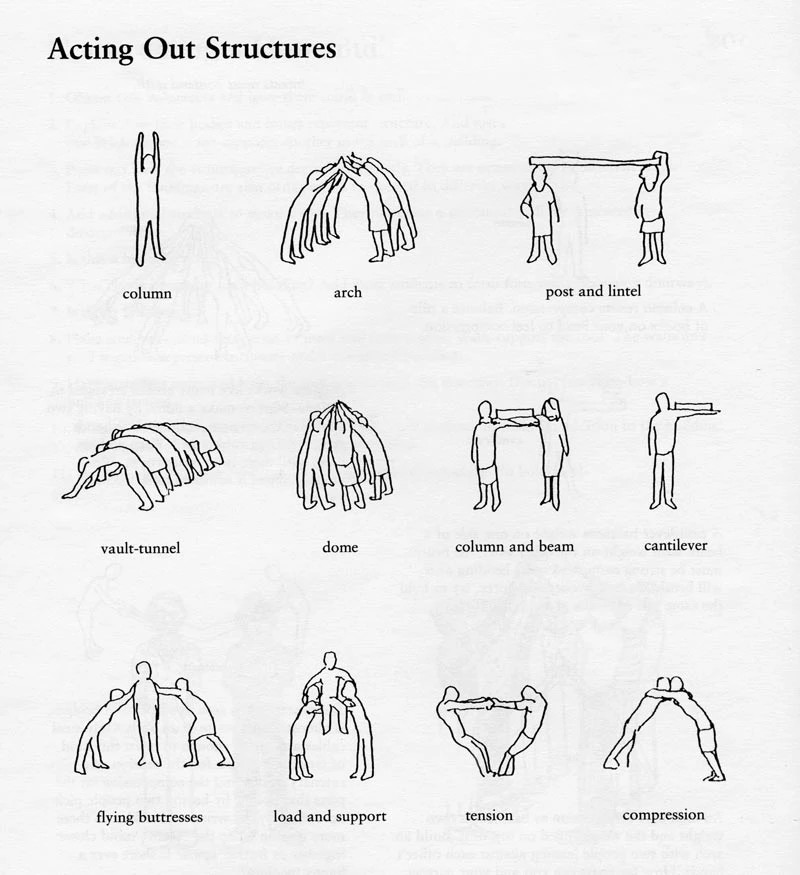


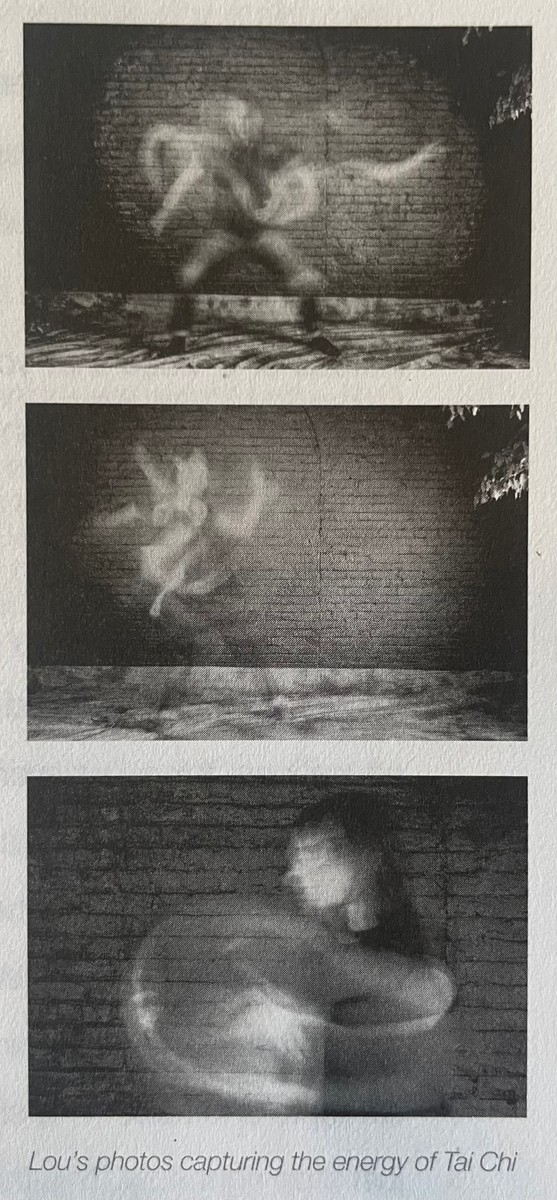


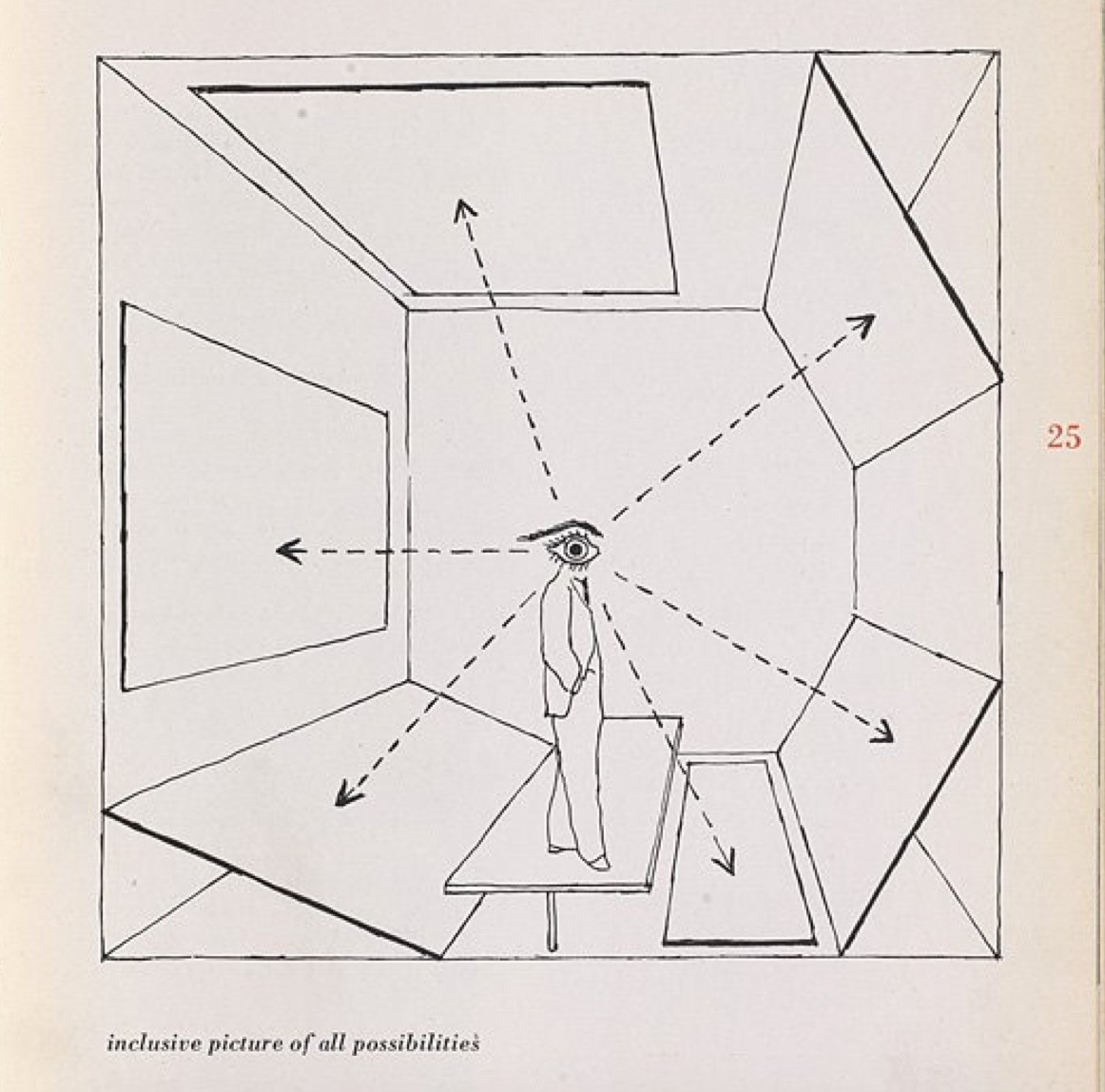


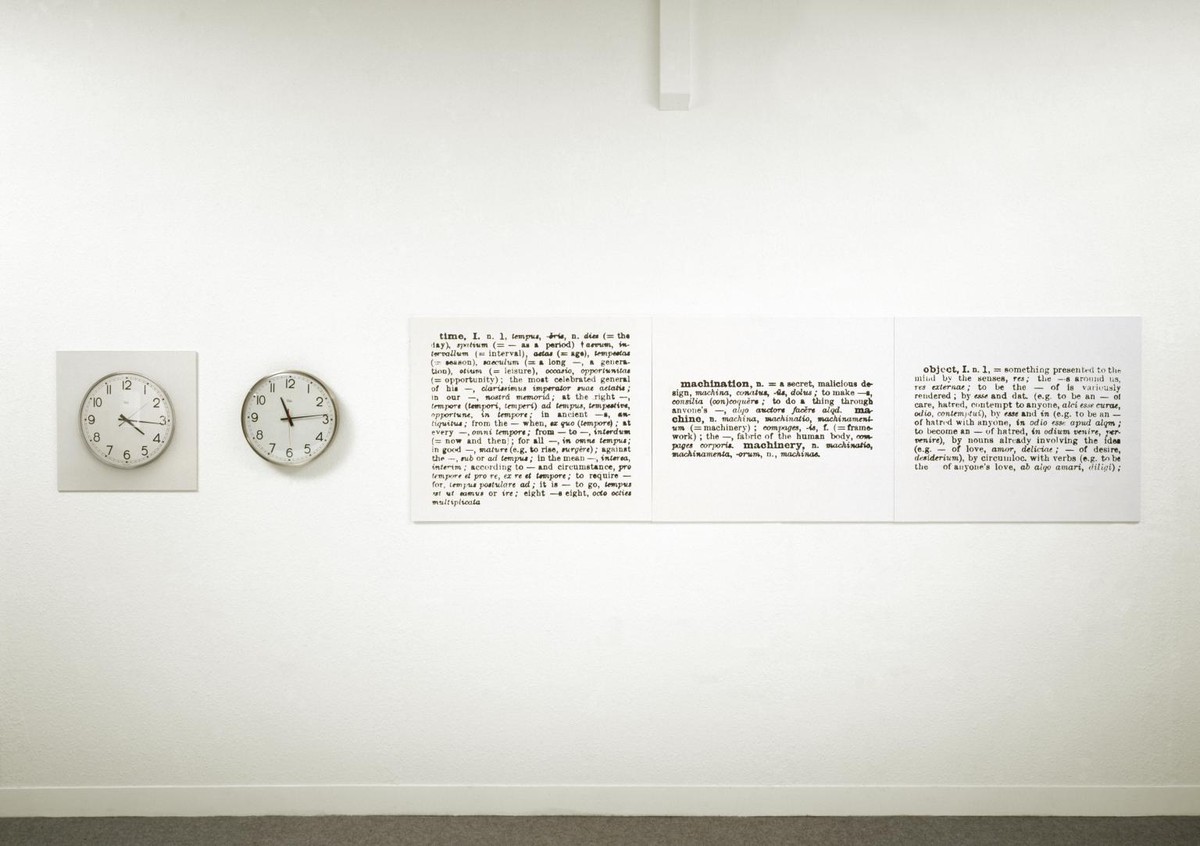


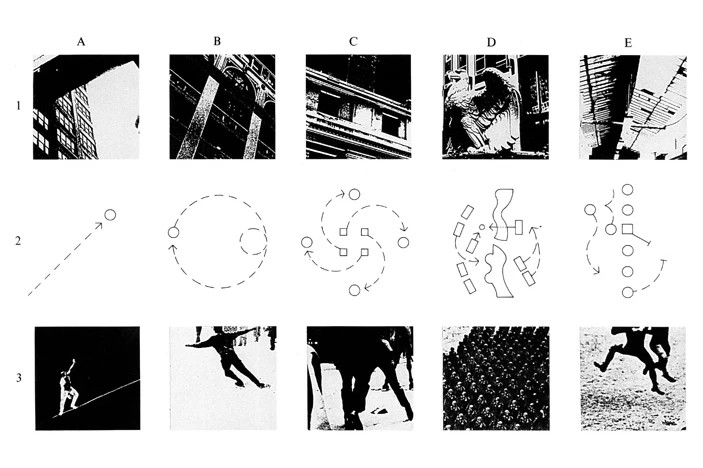


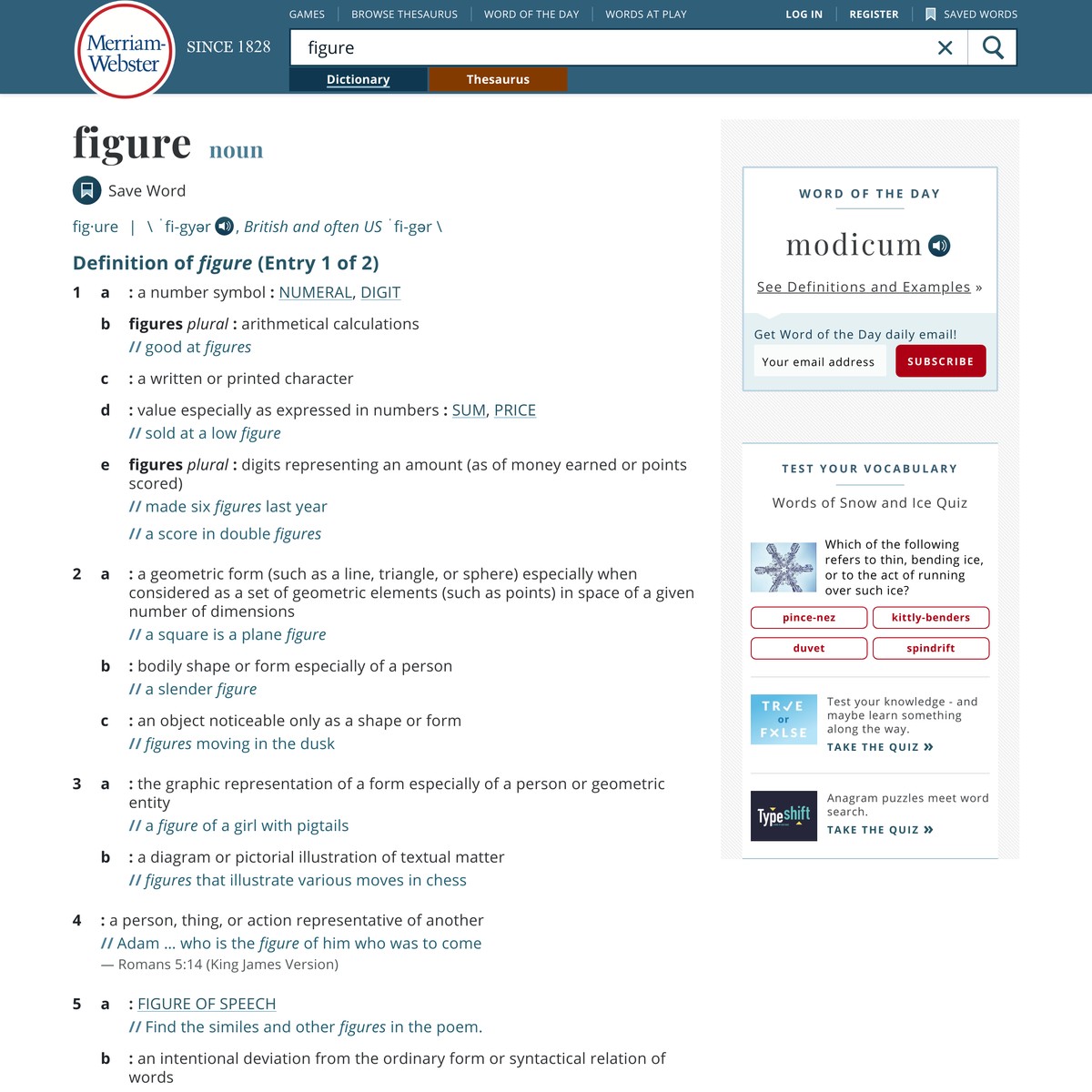


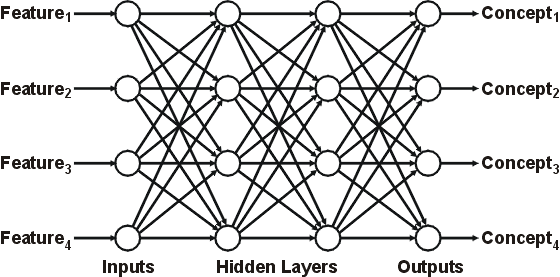


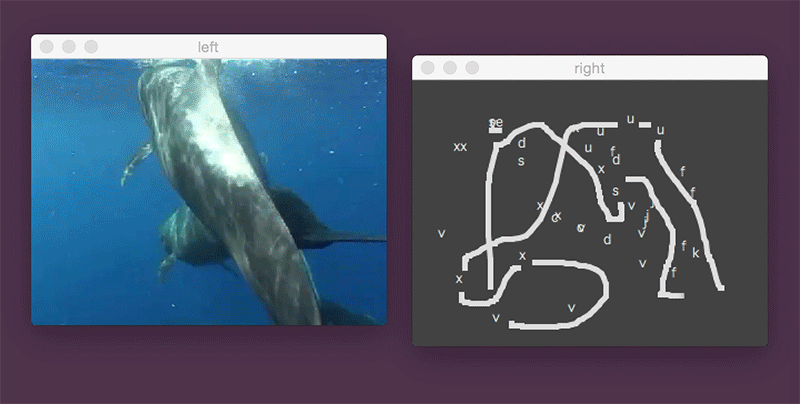


Alfred Korzybski remarked that "the map is not the territory" and that "the word is not the thing", encapsulating his view that an abstraction derived from something, or a reaction to it, is not the thing itself.
Alfred Korzybski remarked that "the map is not the territory" and that "the word is not the thing", encapsulating his view that an abstraction derived from something, or a reaction to it, is not the thing itself.
Alfred Korzybski remarked that "the map is not the territory" and that "the word is not the thing", encapsulating his view that an abstraction derived from something, or a reaction to it, is not the thing itself.